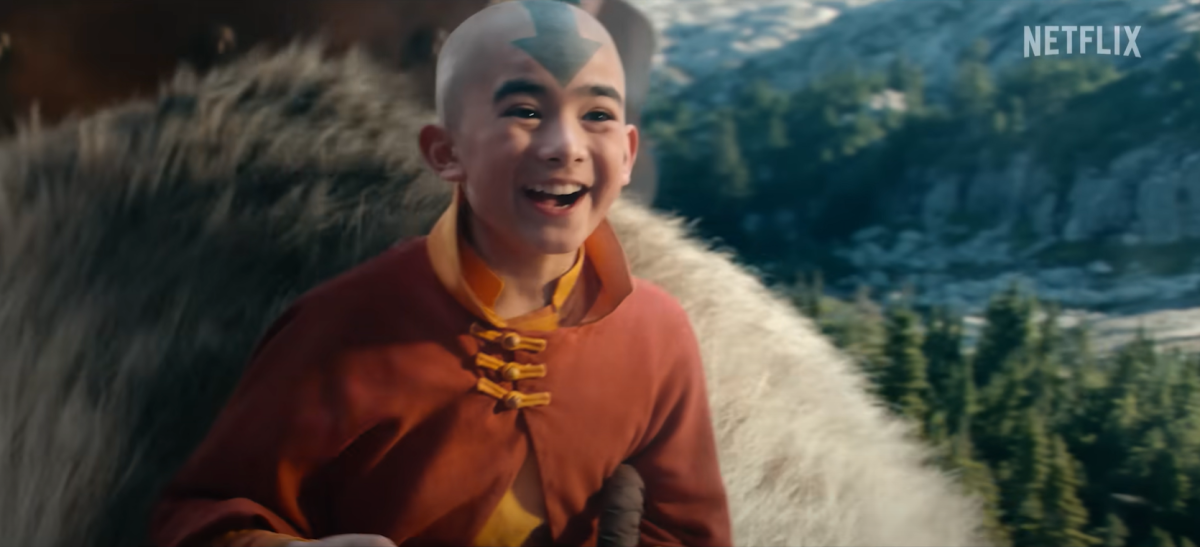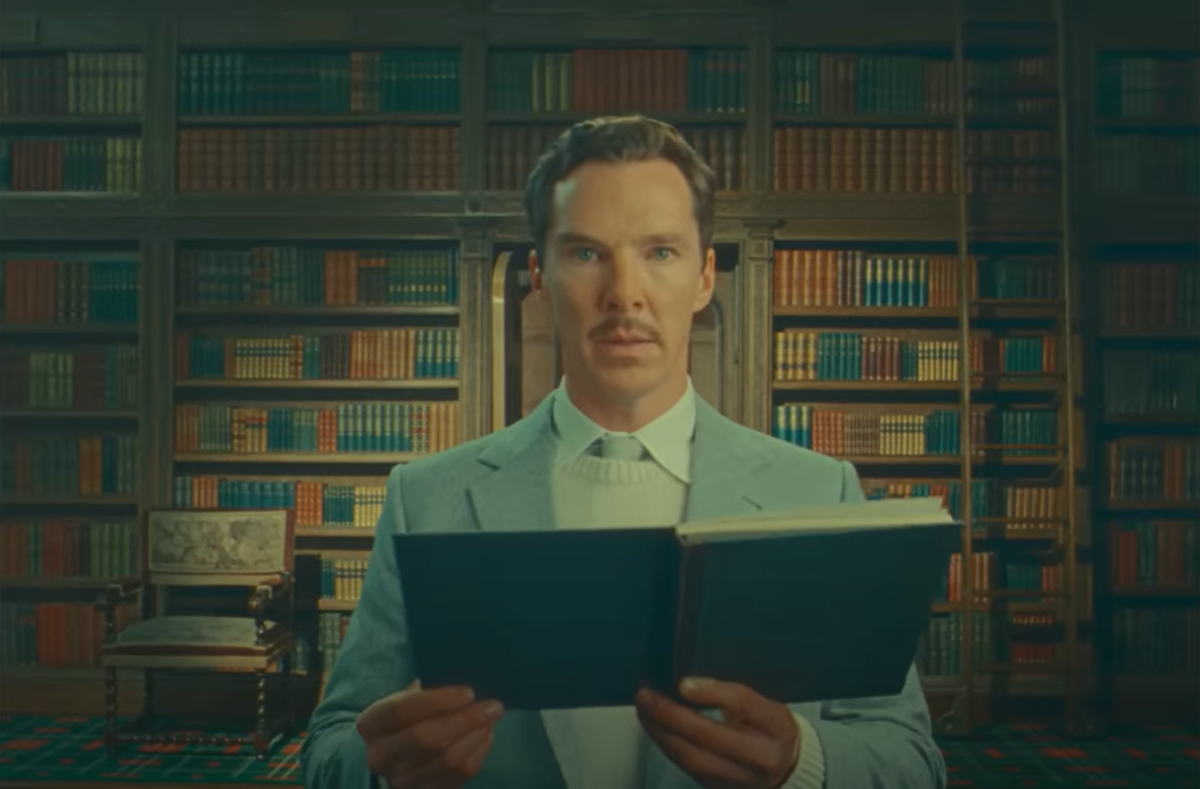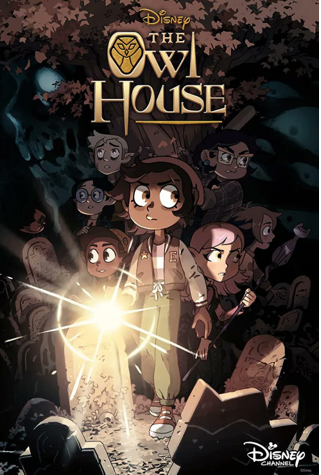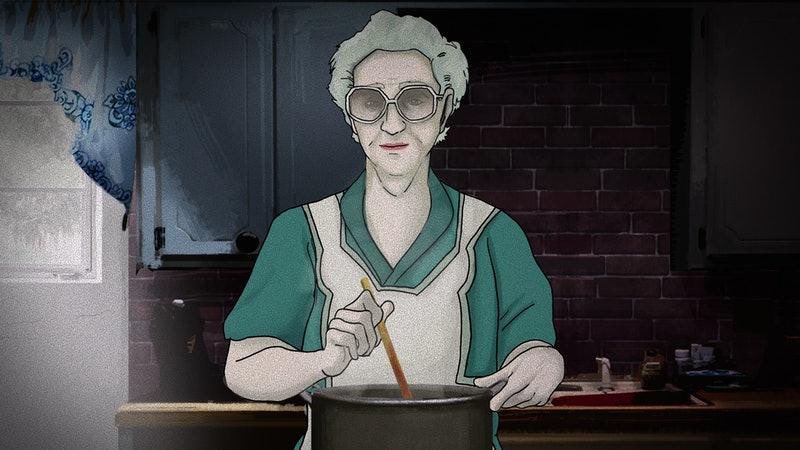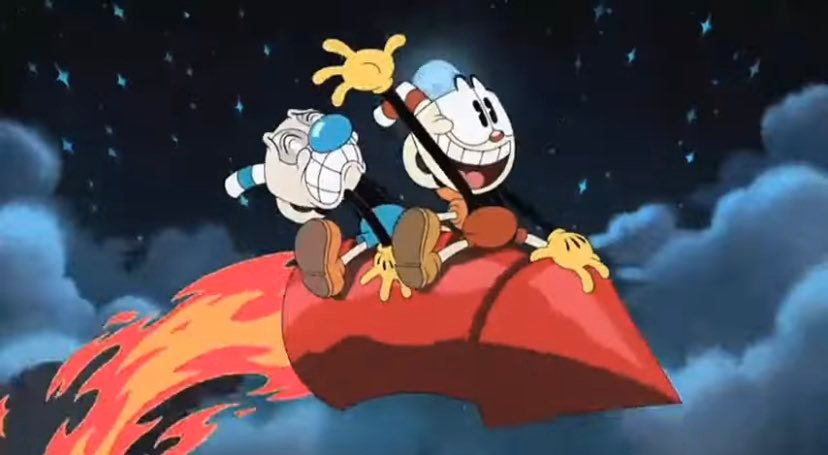By Matt Clyburn
The Last Exorcism reveals a unique facet of our collective American personality: for better or worse, we just love movies about exorcising demons.
Colonial America was a breeding ground of different religious faiths, superstitions, and diverse belief systems. As a nation, we carry these traditions with us and intermingle with even more of the same.
The Exorcist began our love affair with these movies in 1973 by capturing the fusion of our distinctive past and our desire to be terrified at the local theater. Our latest venture into this genre brings a new interpretation to a society that associates less with religion but is more spiritual than ever.
Reverend Cotton Marcus was raised to be a Louisiana evangelist but finds himself at a religious crossroads. After years of performing exorcisms in the style of parlor magicians, he realizes that his “beliefs” are based on a self-indulgent caricature of a preacher, rather than on fundamental faith. A young boy with autism has recently been killed in the process of a mock exorcism and Marcus is intent on exposing the practice as a fraud.
Marcus chooses a letter at random from a prospective exorcism client and drives into the Louisiana bayou with a documentary film crew. Out in the swamplands, we meet Nell Sweetzer whom Marcus believes is suffering from a mental condition causing her to believe she is possessed by a demon. Marcus performs his tricks true to form and leaves the Sweetzer farm, believing that his troubles are behind him. Before long, we find Nell in the Reverend’s hotel room miles away from her home and suffering from some strange symptoms. Upon arrival back at the farm, Reverend Marcus begins to discover the true meaning of evil.
Cloverfield-like cinematography takes us through the movie, courtesy of our documentary film crew. The “scary factor” is not nearly what I would expect from an exorcism movie, but this tactic ultimately serves a purpose: to desensitize the audience so much that the ending will knock you off your seat.
Rather than jumping out of your skin for the duration of the movie, you will be asking yourself questions about what exactly could be happening. The characters that facilitate this questioning are extremely well developed (thanks in part to a somewhat lengthy introduction by Reverend Marcus) and the actors behind them easily exceed expectations.
As I stated at this review’s introduction, The Last Exorcism is a new approach in a changing world. Our collective experience allows us to relate to the characters and seek answers along the way – a winning combination. Those that are wise to accepting something new will enjoy this movie – controversial ending and all.






